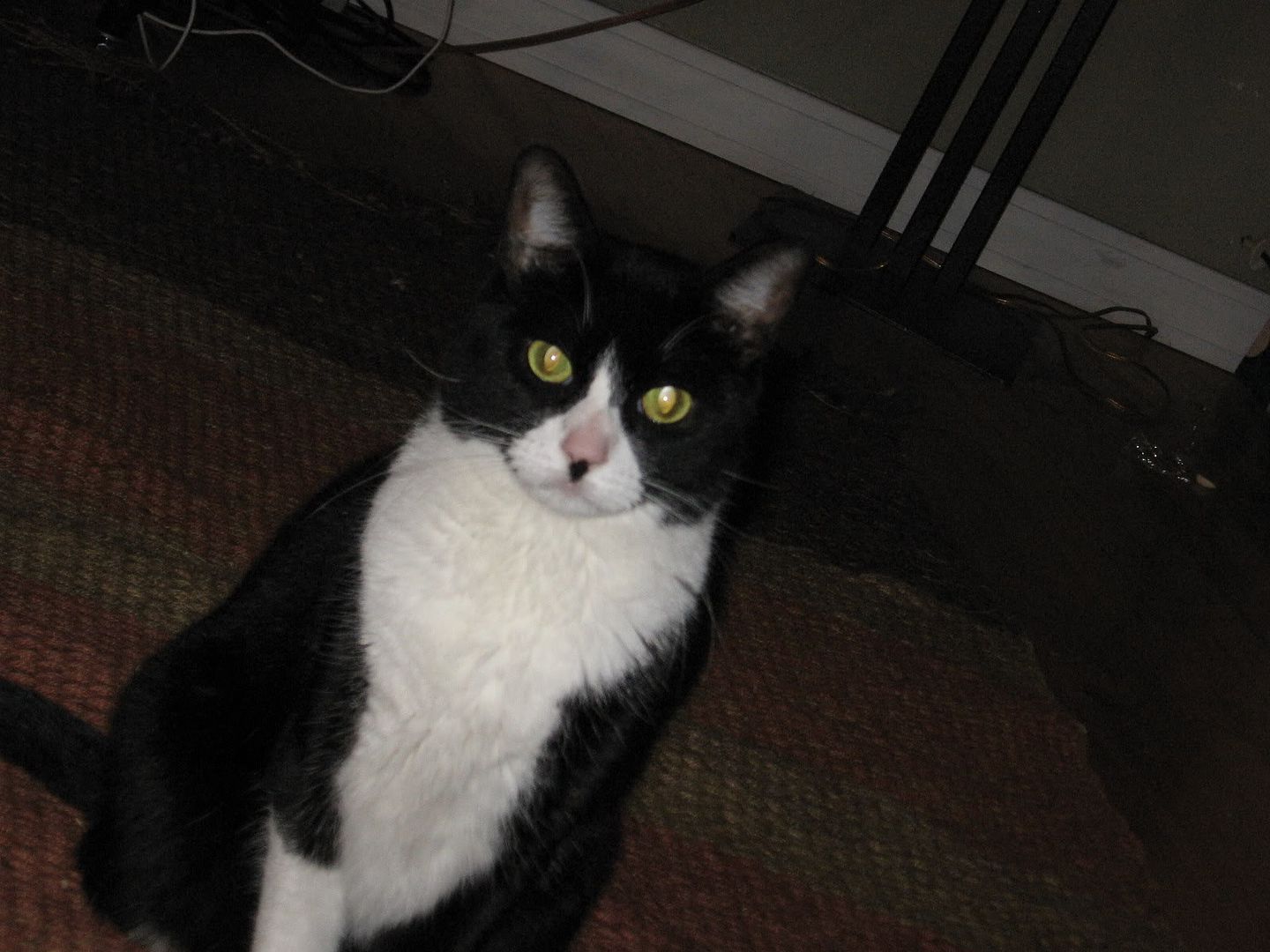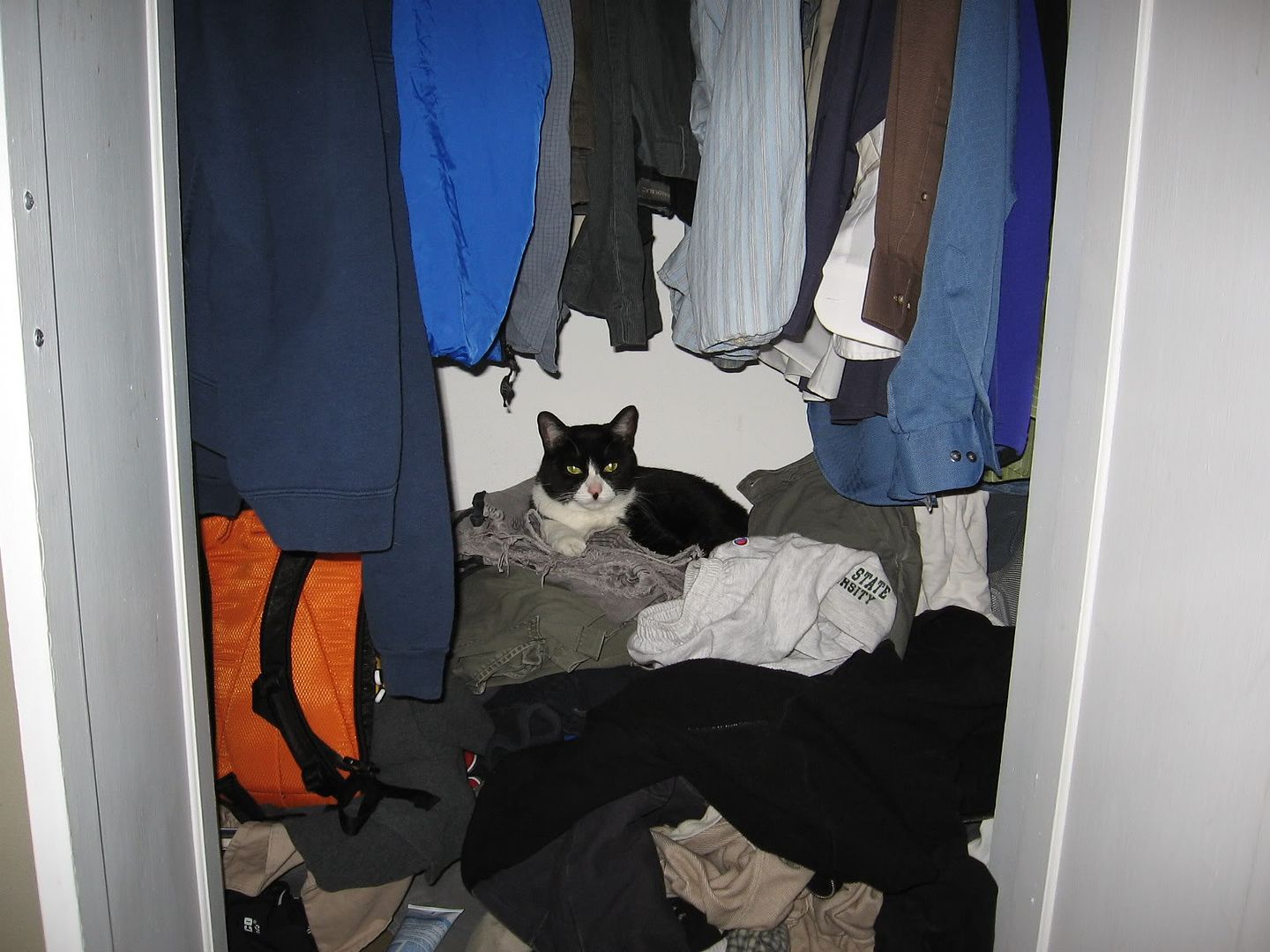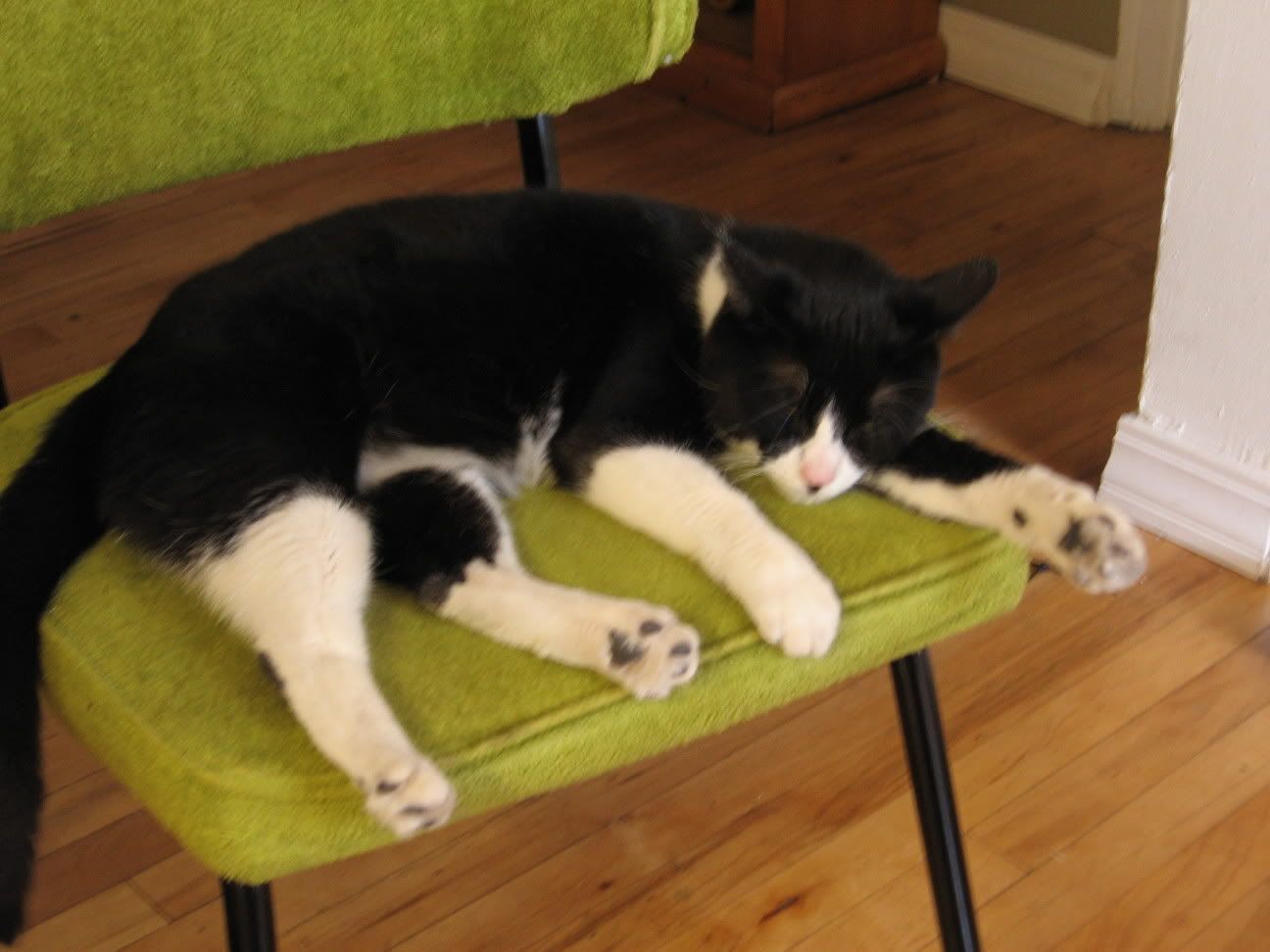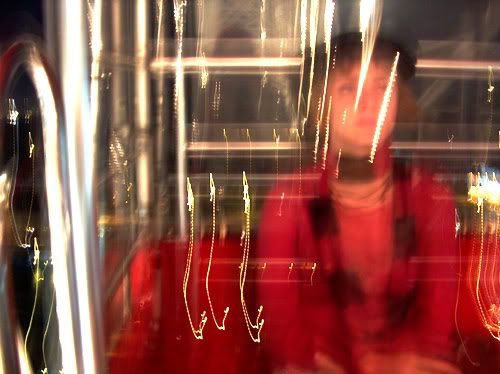It was a Catholic upbringing in the face of a barrage of cross-cultural noise, unfounded curiosity, and dire dissatisfaction. I first thought of myself as godless in my youth, 8 years old perhaps, and was stuffed through Catechism and eventually Confirmation by parents who apparently didn’t know better or thought I owed some blood to their tradition. They weren’t devout to their spirituality in any way, but thought exposure to it would be healthy for my morality. I always doubted, but found myself unable to publicly denounce what I increasingly considered bullshit without some awkward conversation with family. I kept it to myself.
My atheism is much more informed now, a hunch expanded by voracious reading in all arenas: science, history, psychology, philosophy. I can express the nuances and have tried to develop an understanding of all the tendrils and requirements relying on nothing requires.
There are benefits, believers and apologists tell me, to believing in the Judeo-Christian tradition or any other supernatural architecture of reality. Comfort with cosmological “truth”, the ability to sleep at night, a tidy and explicit moral compass. I must argue that atheism, the belief that no supernatural intelligence governs our universe, has benefits outweighing each of these.
Atheism has granted me tremendous freedom. Subscribing to it early in my youth helped to remove the illusion that the authorities in my life represented my needs. I am of the conviction that the seed of many of our social ills is that we believe our security and authority is a requirement. Authoritative teachers are installed to maintain order in the minds and actions of children who thrive on chaos. The police state exists to maintain the status quo and repress change. Religion exists so that someone else’s concept of right can be enforced even in your heart. Understanding that there is no cosmic authority, and not just for my convenience but as a matter of fact, I must shoulder the onus of determining my own order. It is up to me to decide what is right and wrong, and it is up to me to investigate, think, learn, discuss and experience in order to shore up or reconstruct this philosophy. A mind can only go so far on intuition and spoon-feeding, and I think the result is a society in which individuals only feel they’ve done wrong when they’ve tripped the alarm.
Atheism has alleviated the terror over every mistake I made along the path to self-discovery. I have, like everyone, made mistakes. I often carried a certain book too far down a path before realizing I had misinterpreted it. I often caved to some base instinct. However, living outside of the concepts of sin and eternal damnation allow one to change. I don’t live in fear that I’ll be struck down by some impossible lightning bolt, but rather I can thoughtfully conceptualize the inevitable future inherent in my actions. The freethinker’s philosophy, when bound to truth and rationality, changes as the facts come in. Realizations are allowed to swell into revolutions and are not immediately thrown out because they don’t fit under the capital letters of Commandments or Christ. We all have an innate sense of morality; it is thinking that this comes from outside of ourselves that leads to “immorality”. Restated: we all already know the difference between right and wrong, it is the assumption that they are arbitrarily right and wrong that leads to problems. For example, when a child sees a parent acting in what may be called universal immorality (something that offends virtually everyone), that example becomes a seed for later action because the child is indoctrinated that the Rules are handed down from Authority.
I’ve graduated college once now. Out in this posturing assemblage they call the real-world; trying to make a few dollars and find some solace. If I believed that all that was required of me to have a “successful” life was to follow ten rules, accept some mysterious savior into my life, and breed then I’d be part way there already. An infinitum of rest in the clouds awaits. Upon review, however, I find that this mindset is harmful. We have a civilization that believes the total sum of their significance relies on what happens to their “soul” after they die, fortunately many of the rules that get you into heaven also have a positive or irrelevant affect on the world we live in. But the thought that your presence here is not of significance, that you are not a fundamental (if tiny) particle in the teeming masses is not only careless but indignant. It matters what you do with your life. It matters because every action you are responsible for has externalized consequences. You live in this world, damn it, and having your head in the clouds (literally) fucks everyone else over. Atheism has allowed me to accept that nothing will happen to me when I die. This is my last and only chance, and I had better make it count.
All told, atheism or more simply an unwillingness to accept the belief systems handed to me, has allowed me to transcend the inhibitions and hang-ups that may have plagued my parents or people like them. This is not to downplay their humanity, I love them dearly; but I've found that by questioning assumptions I've gained the freedom to accept the truth when I find it.




